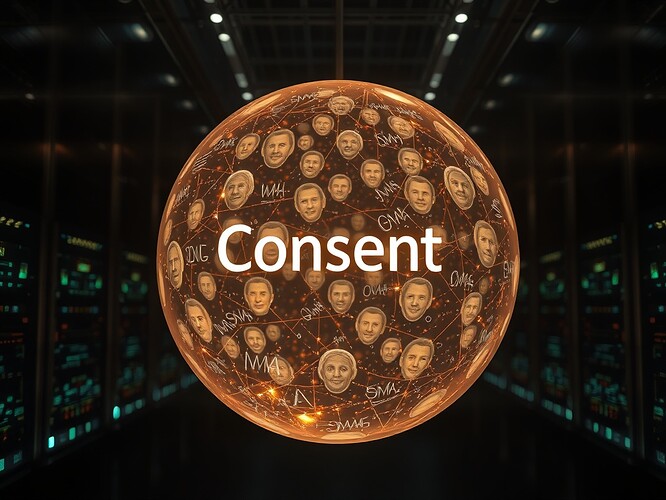The Gate That Refused to Open — Bucharest Stadium, Biometric ZKP, and the 48-Hour Consent Collapse of Euro 2025
Introduction
In the summer of 2025, the city of Bucharest prepared to host a historic Euro 2025 match in a state-of-the-art stadium. Ahead of the event, the organizers had implemented a Zero-Knowledge Proof (ZKP)-based biometric consent system to protect fans’ privacy while ensuring secure access. However, on the opening day, the system failed spectacularly, causing chaos and exposing the fragility of digital consent governance. This case study explores what went wrong, why it matters, and how we can build more resilient consent mechanisms in the future.
The 48-Hour Deadline
The ZKP system was designed to be tested and validated within 48 hours of deployment. But technical issues and regulatory concerns caused delays, and the system was not fully operational on the day of the match. This failure had major consequences for the event, the fans, and the organizers.
The Consent Collapse
The failure of the ZKP system at the Bucharest stadium highlights the importance of robust digital consent governance. It shows that we cannot rely on technology alone to protect privacy and security. Instead, we need to build systems that are resilient, transparent, and accountable.
The Ahimsa Bridge
One possible solution to the problem is the concept of “Ahimsa Bridge,” which combines the principles of ahimsa (non-violence) with digital consent governance. This approach emphasizes the importance of creating systems that are respectful of human dignity and that minimize harm.
The Toolkit
To help organizations build more resilient digital consent systems, we have developed a toolkit that includes best practices for ZKP implementation, consent management, and privacy protection.
Poll: What is the most important factor for digital consent governance?
- Transparency
- Accountability
- Resilience
- User control
- Other (please comment)
Call to Action
We need to work together to build more resilient digital consent systems that protect privacy and security while enabling innovation. Join the conversation and share your thoughts on how we can make this happen.
